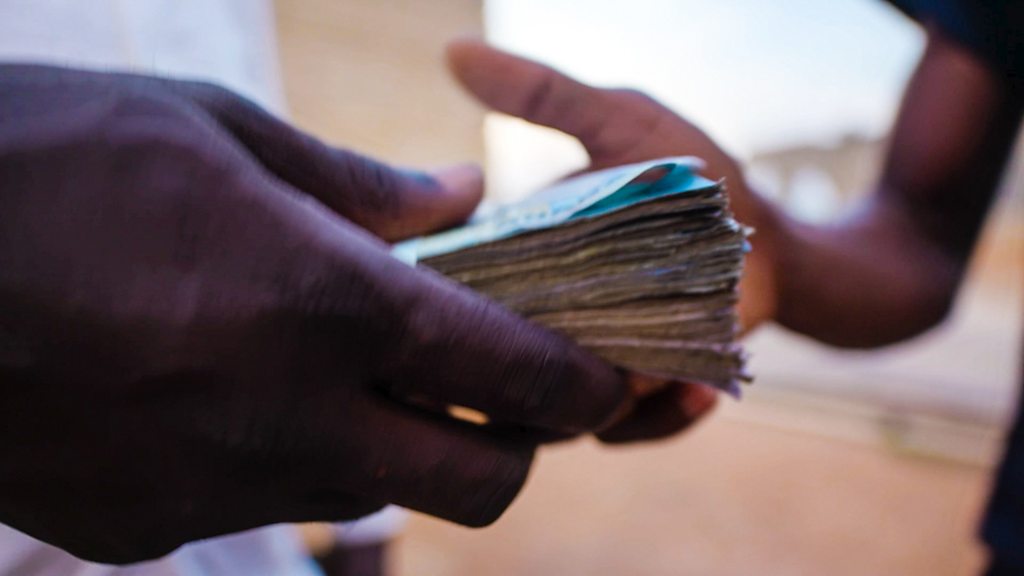According to the Ghana Integrity of Public Services Survey (GIPSS), Ghana lost GHS5 billion in cash in 2021 as a result of paying bribes to government employees.
This amounts to approximately one-third of the Ministry of Education’s budget for 2021, which is being used to implement one of the Government’s hallmark programs, Free Senior High School (free SHS).
The Electronic Transactions Levy (E-Levy), a domestic revenue mobilization enhancement strategy to assist national development, is a measure that the government is currently rushing to implement in order to earn approximately GHS4.5 billion.
Over 17.4 million bribes were paid in the same period, according to the first national poll, “Corruption in Ghana – people’s experiences and views.”
The Ghana Statistical Service (GSS), the United Nations Office on Drugs and Crime, and the Commission for Human Rights and Administrative Justice (CHRAJ) worked together to conduct the study (UNODC).
It gathered factual data on the types of corruption affecting Ghana’s population from 15,000 households across the nation with adults ages 18 and older.
How Bribes Were Given and Taken
In order to inform appropriate policies to stop administrative corruption in the nation’s numerous public institutions, it is necessary to assess the prevalence of the issue and its prevalent typologies.
Aside from financial payments, which made up 84.8% of all forms of bribery, 13.3% of bribes were paid in exchange for food and beverages, 9.7% in exchange for other services, 5% in exchange for valuables, and 2.2% in trade for animals.
Bribes were paid by 33.6% of citizens to expedite the process, 15.8% as a token of appreciation, 13.8% to avoid paying a fee, 10.8% to avoid issues, and 3.1% to prevent the termination of public utilities.
The government statistician, Professor Samuel Kobina Annim, stated that in 2021, almost a quarter of the adult population of the country—26.7%—paid bribes to public officials. He was speaking at the report’s launch on Wednesday in Accra.
Top Offenders
Prof. Annim said that six out of ten bribes paid (59.4%) were specifically requested by the public authorities involved, indicating that most bribes were paid at their direct request.
The Ghana Police Service, Immigration Service, and the customs officials of the Ghana Revenue Authority (GRA) were found to be the three top institutions that accepted bribes, according to survey results.
They were followed by representatives from the Lands Commission, the Driver and Vehicle Licencing Authority (DVLA), the Passport Agency, and prosecutors, judges, and magistrates; elected officials received the least awards.
The Chief Justice’s replacement on the Supreme Court, Justice Emmanuel Yonny Kulendi, declared that corruption posed the greatest threat to the nation’s democracy, growth, and security.
He said that: “If we fail to prevail in our fight against corruption, it is fast draining the public purse, creating barriers to economic development, decreasing the effectiveness and efficiency of public services, increasing transaction costs, undermining legal rules and eroding the legitimacy of government and will ultimately bring down our democracy.”
The Need for Research into Corruption
In order to build specialized anti-corruption interventions, Justice Kulendi said that the study offered a verified attempt to authenticate the incidence of corruption in Ghana. It also offered scientific strategies to combat corruption.
The survey’s results were used by Mr. Richard Quayson, the Deputy Commissioner of CHRAJ, to make his statement that: “In order to fight corruption more effectively, it is crucial to improve society’s understanding of its different manifestations and to make regular scientifically-based efforts to measure its occurrence”.
The National Anti-Corruption Action Plan (NACAP), SDG 16, and Article 61 of the UN Convention Against Corruption would all be supported, he said, by GIPSS.
The United Nations Office on Drugs and Crime’s Ms. Jennifer Sarvary Bradford, crime prevention and criminal officer, added that the report would assist Ghana in developing an evidence-based strategy to combat corruption.
To address the issue, the report recommended stakeholder involvement at both the national and sub-national levels, the release of analytical findings, the institutionalization of GIPSS, and the development of an anti-corruption implementation roadmap.

